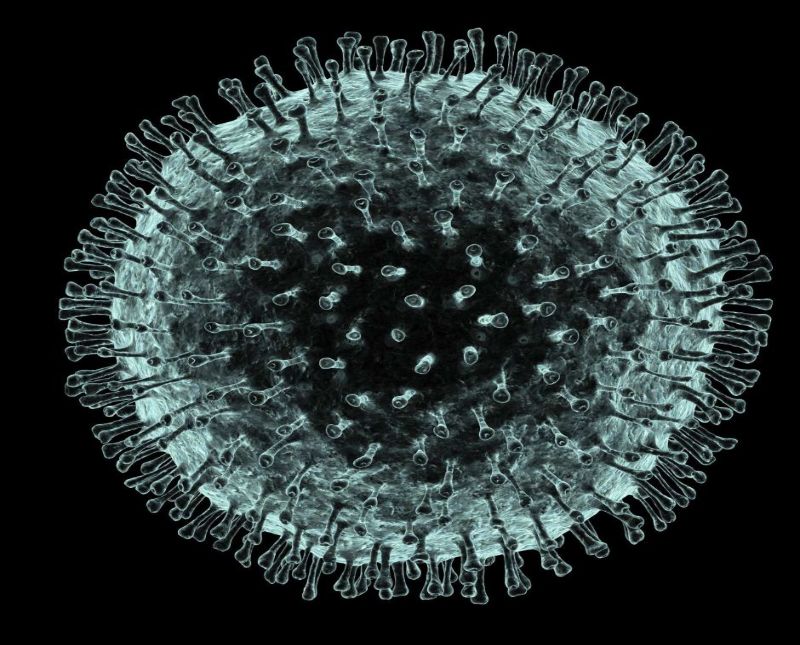
Visit our Covid-19 microsite for the latest coronavirus news, analysis and updates
Follow the latest updates of the outbreak on our timeline.

Discover B2B Marketing That Performs
Combine business intelligence and editorial excellence to reach engaged professionals across 36 leading media platforms.
The Coalition for Epidemic Preparedness Innovations (CEPI) has asked the Commonwealth Scientific and Industrial Research Organisation (CSIRO) in Australia to work on the new coronavirus and identify its characteristics.
CSIRO’s high-containment facility in Geelong, Australian Animal Health Laboratory (AAHL), will carry out the research project. Findings from this work will allow the development of a potential vaccine for the virus.
The announcement comes after researchers at the Peter Doherty Institute for Infection and Immunity in Australia recreated a lab-grown version of the virus.
Work on coronavirus at CSIRO’s AAHL
Researchers will work to gain more insight into the Wuhan coronavirus, including time taken to develop and replicate, effect on the respiratory system and mechanism of transmission.

US Tariffs are shifting - will you react or anticipate?
Don’t let policy changes catch you off guard. Stay proactive with real-time data and expert analysis.
By GlobalDataBased on the findings, AAHL will test potential vaccines created under CEPI’s platform technology programme, which includes the University of Queensland and CSIRO.
The programme is intended to enable a ‘rapid response pipeline’ to create and evaluate vaccines against previously unknown pathogens, to cut development time from years to weeks.
CSIRO Health and Biosecurity director Dr Rob Grenfell said: “Through this project, we will use our globally unique scientific capability to answer key questions about how the coronavirus behaves.”
CEPI CEO Richard Hatchett added: “The rapid global spread and unique epidemiological characteristics of the novel coronavirus is deeply concerning.
“Partnering with CSIRO, CEPI aims to improve our understanding of this virus and its epidemiological characteristics, which are key components in expediting development of the vaccines the world needs.”
CEPI’s focus on combating coronavirus outbreak
CEPI agreed to fund programmes by Inovio Pharmaceuticals, Moderna and the University of Queensland to develop coronavirus vaccines.
Inovio Pharmaceuticals will use the CEPI grant for preclinical and clinical development through Phase I human testing of its vaccine candidate, INO-4800. The company has partnered with Beijing Advaccine Biotechnology to advance the vaccine.
Moderna, working with the US National Institute of Allergy and Infectious Diseases, aims to develop a messenger RNA (mRNA) vaccine against the coronavirus.
CEPI also asked the University of Queensland to use its rapid response technology to develop a new vaccine for the virus.




